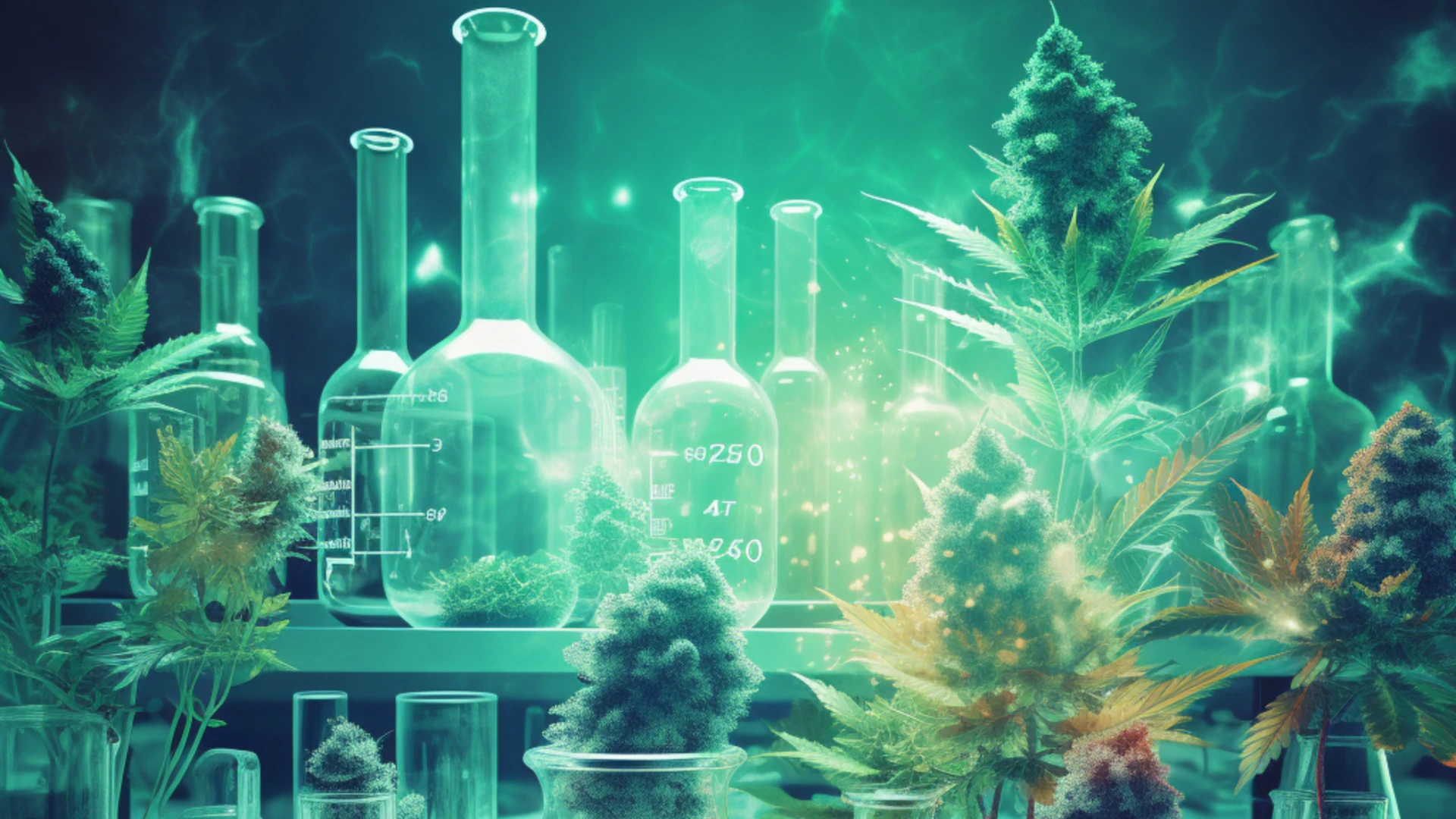Vitamins Series,Vitamin A Palmitate Powder,Vitamin B7 Powder,Vitamin A Palmitate Youth Biotech CO,. Ltd. , https://www.youtherb.com
Hydroxyhomocholine, commonly referred to as HHC, has sparked significant discussion in recent years due to questions regarding its origins and production methods. In a world increasingly focused on sustainability and eco-friendly solutions, understanding whether HHC is synthetically produced or naturally occurring is vital. This article seeks to provide clarity on this topic, delving into the chemical, historical, and environmental dimensions of HHC.

### Understanding HHC: Chemical Structure and Characteristics
HHC is a chemical compound with the formula C8H19NO, making it a derivative of homocholine, which is naturally present in some plants. What sets HHC apart from its parent compound is the addition of a hydroxyl group (OH), which alters its properties and functions. This structural difference gives HHC unique characteristics that have piqued scientific interest.
### A Historical Perspective: Synthetic or Natural?
The origins of HHC have been debated since its identification in the 1930s. Initially used in pharmaceuticals, HHC’s production methods at the time leaned heavily on chemical synthesis, fueling speculation that it was entirely man-made. However, subsequent studies revealed traces of HHC in certain plants, suggesting the possibility of its natural occurrence. This discovery opened new avenues for research, questioning the existence of natural HHC sources.
### Modern Production Techniques: Synthetic or Natural?
Advances in technology have enabled HHC to be produced via both synthetic and natural routes. Synthetic production involves laboratory-based chemical synthesis, allowing for precise control over purity and quantity. Conversely, natural production focuses on extracting HHC directly from botanical sources where it naturally exists. Both methods serve different industries, including pharmaceuticals and agriculture, each offering distinct advantages. While the synthetic method ensures high precision, the natural approach emphasizes sustainability and environmental friendliness.
### Environmental Impact: The Role of HHC Production
The environmental implications of HHC production cannot be overlooked. Synthetic methods often involve complex chemical processes that may result in harmful byproducts, contributing to pollution and environmental harm. Furthermore, reliance on non-renewable resources for synthetic HHC raises concerns about its long-term viability. In contrast, natural HHC production, when managed sustainably, can significantly reduce ecological damage and promote the preservation of plant species containing HHC.
### Regulatory Frameworks and Transparency
As the controversy around HHC persists, regulatory agencies globally are closely monitoring its production and application. Ensuring transparent labeling and clear distinctions between synthetic and naturally sourced HHC is essential for consumer awareness. Regulations should also address environmental impacts and encourage eco-friendly production methods. Supporting research into sustainable extraction techniques and promoting responsible agricultural practices can lead to a more sustainable future for HHC.
### Conclusion: Balancing Innovation and Sustainability
The question of whether HHC is synthetic or natural is intricate and multifaceted. Initially discovered through synthetic means, HHC has since been found in certain plants. Today, it can be produced synthetically or naturally, each with its own set of benefits and challenges. Looking ahead, the emphasis should be on fostering responsible and eco-conscious production methods for HHC. Transparent labeling and open communication about HHC’s origin will empower consumers to make ethical decisions while pushing industries toward sustainable practices.
Ultimately, finding equilibrium between technological progress and environmental responsibility will be key to leveraging the potential benefits of HHC while protecting the planet for future generations.